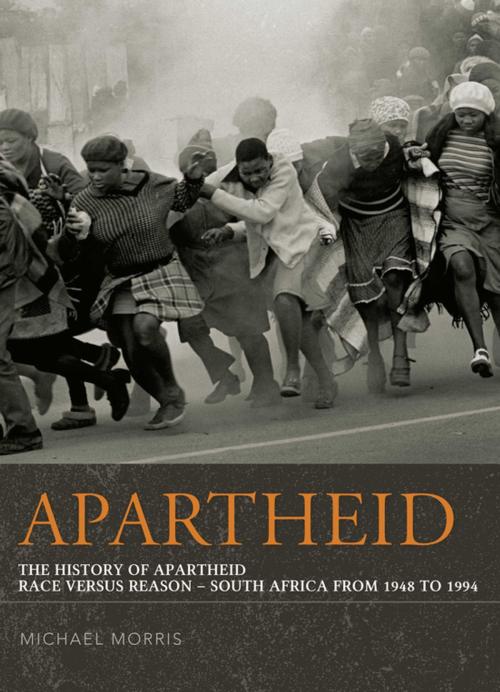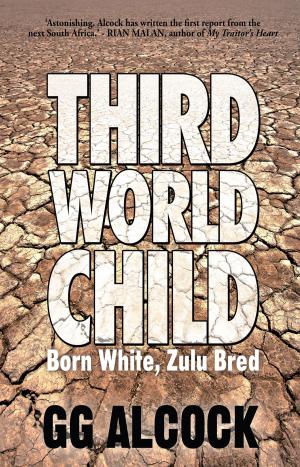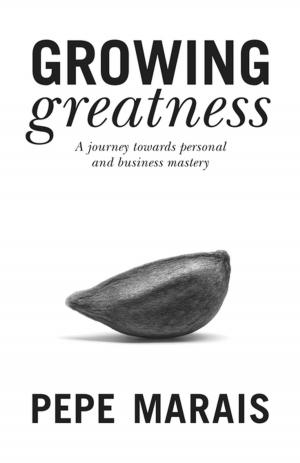Apartheid
The History of Apartheid: Race vs. Reason - South Africa from 1948 - 1994
Nonfiction, Social & Cultural Studies, Political Science, History| Author: | Michael Morris | ISBN: | 9781920289621 |
| Publisher: | Jonathan Ball Publishers | Publication: | February 23, 2012 |
| Imprint: | Sunbird | Language: | English |
| Author: | Michael Morris |
| ISBN: | 9781920289621 |
| Publisher: | Jonathan Ball Publishers |
| Publication: | February 23, 2012 |
| Imprint: | Sunbird |
| Language: | English |
The one thing that looms largest in South Africa’s future is South Africa’s past – most especially the nearly five decades of division and conflict at the heart of one of the twentieth century’s most infamous social experiments.
Apartheid, An Illustrated History is a portrait of the defining experience of modern South Africa’s transition from colonial state to democracy. What began in May 1948 as a vague, grimly ambitious project to interrupt history and engineer white supremacy at the expense of the country’s black majority spawned forty-six years of repressive authoritarianism and bitter resistance which claimed the lives of thousands and pushed the country to the brink of civil conflict.
A provocative postscript examines apartheid’s stubborn afterlife in the years since 1994, suggesting that the optimism and democratic vitality of the constitutional state hinge on South Africans avoiding simplistic views of the past that might lend themselves to demagoguery. For all its catastrophic and lingering effects, the book concludes, apartheid was disarmed, ultimately, by the society’s much longer history of inseparability.
The one thing that looms largest in South Africa’s future is South Africa’s past – most especially the nearly five decades of division and conflict at the heart of one of the twentieth century’s most infamous social experiments.
Apartheid, An Illustrated History is a portrait of the defining experience of modern South Africa’s transition from colonial state to democracy. What began in May 1948 as a vague, grimly ambitious project to interrupt history and engineer white supremacy at the expense of the country’s black majority spawned forty-six years of repressive authoritarianism and bitter resistance which claimed the lives of thousands and pushed the country to the brink of civil conflict.
A provocative postscript examines apartheid’s stubborn afterlife in the years since 1994, suggesting that the optimism and democratic vitality of the constitutional state hinge on South Africans avoiding simplistic views of the past that might lend themselves to demagoguery. For all its catastrophic and lingering effects, the book concludes, apartheid was disarmed, ultimately, by the society’s much longer history of inseparability.















